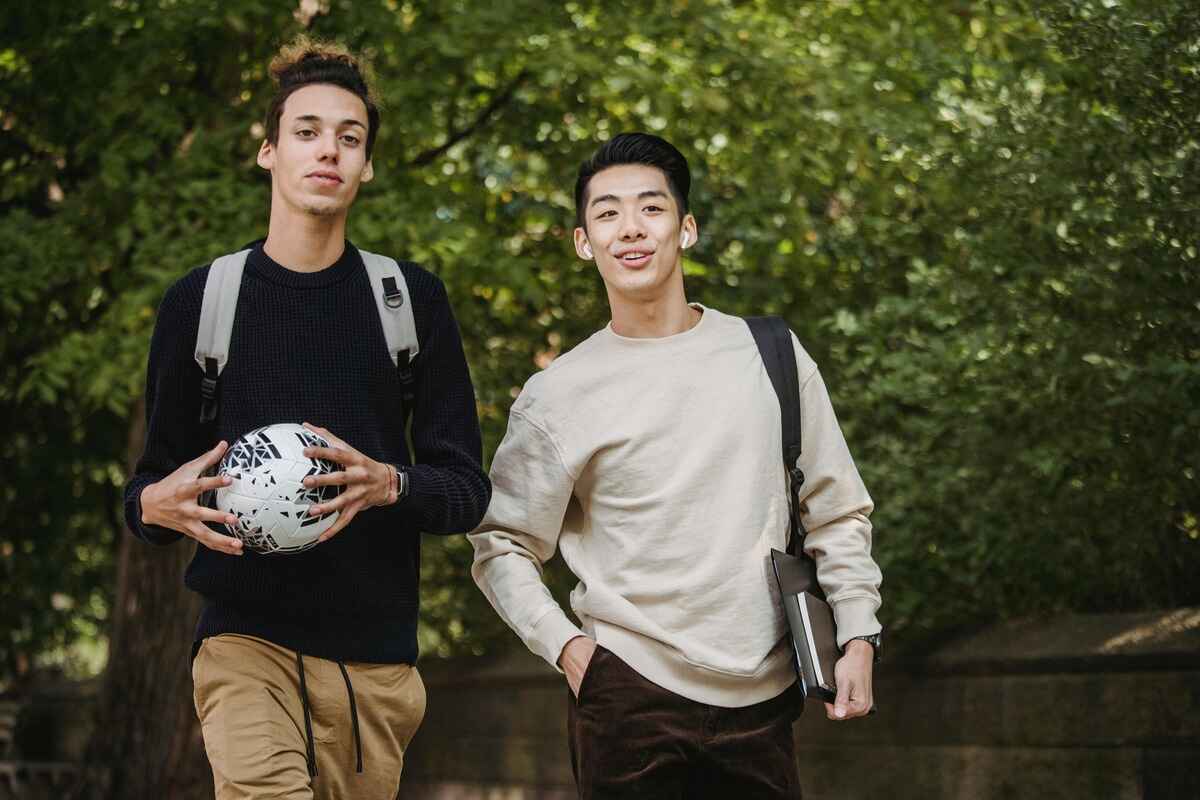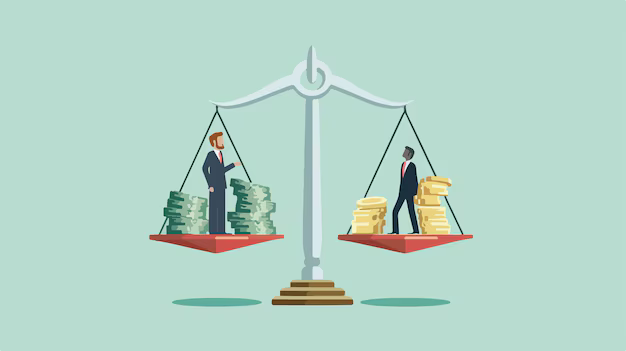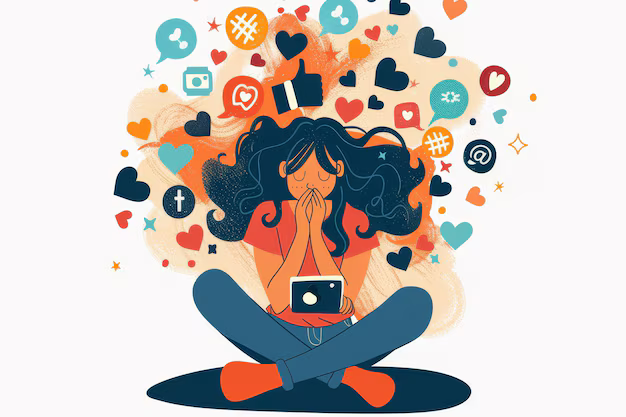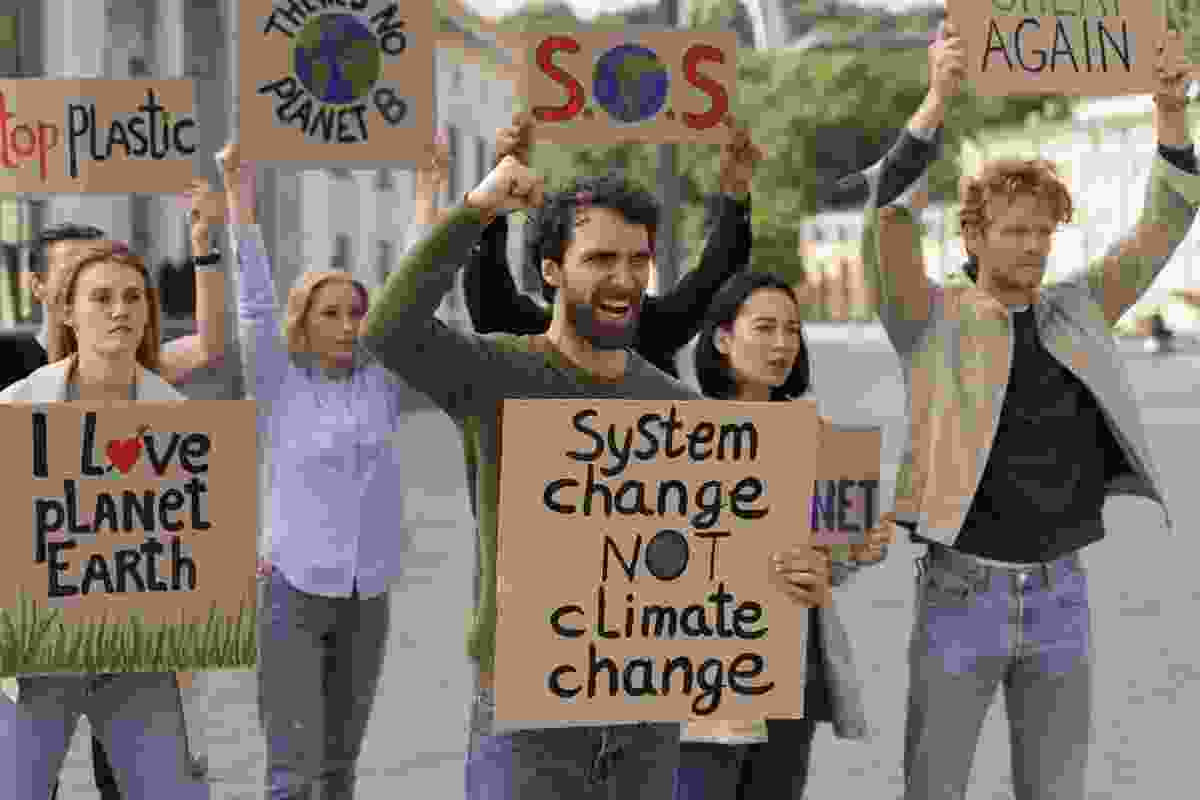Is AI a Threat to Human Creativity and Innovation?
The rapid advancement of artificial intelligence (AI) has sparked a global debate about its potential impact on various aspects of human life, including creativity and innovation. While some argue that AI poses a threat to these fundamental human qualitie
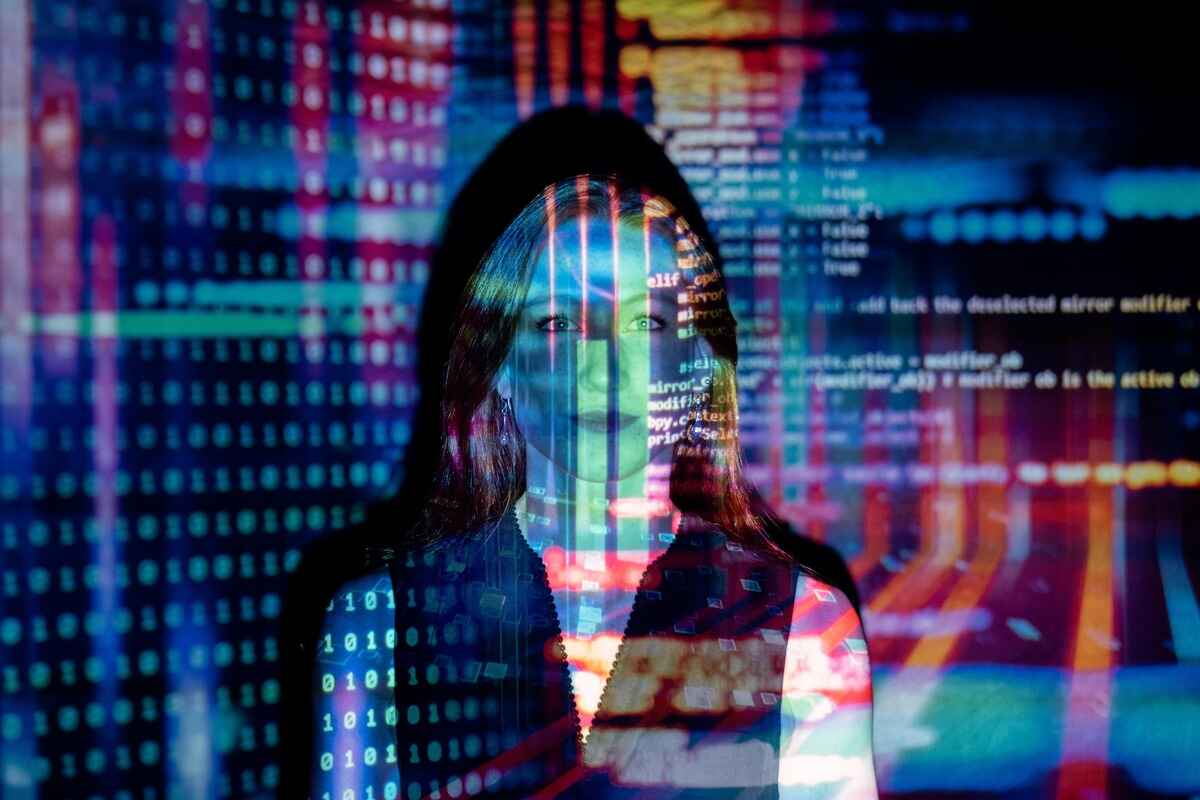
Is AI a Threat to Human Creativity and Innovation?
The rapid advancement of artificial intelligence (AI) has sparked a global debate about its potential impact on various aspects of human life, including creativity and innovation. While some argue that AI poses a threat to these fundamental human qualities, others contend that it can actually enhance and augment them.
The Threat Perspective
One of the primary concerns is that AI could potentially replace human creativity by automating tasks that were once considered the exclusive domain of humans. For instance, AI-powered tools can generate creative content such as music, poetry, and even visual art, raising questions about the future of human artists and writers. Additionally, AI algorithms can analyze vast amounts of data to identify patterns and trends, potentially leading to a decline in original thinking and problem-solving abilities.
Another concern is that overreliance on AI could stifle innovation. As AI systems become increasingly sophisticated, there is a risk that humans may become overly reliant on them, leading to a decline in independent thought and risk-taking. Moreover, AI algorithms are trained on existing data, which can limit their ability to generate truly novel and groundbreaking ideas.
The Enhancement Perspective
However, many experts argue that AI can actually enhance human creativity and innovation. By automating routine tasks, AI can free up human time and energy to focus on more creative and strategic endeavors. For example, AI-powered tools can assist writers with research and editing, allowing them to spend more time developing original ideas and storylines.
Furthermore, AI can help to stimulate creativity by providing new insights and perspectives. By analyzing vast amounts of data, AI can identify patterns and trends that may not be apparent to humans. This can lead to the development of innovative products and services that address unmet needs.
Moreover, AI can facilitate collaboration between humans and machines, leading to the creation of more innovative and complex works. For instance, AI can generate initial drafts of creative content, which can then be refined and improved by human artists and writers.
Balancing the Two Perspectives
The key to harnessing the potential of AI while mitigating its risks lies in striking a balance between human and machine intelligence. Rather than viewing AI as a replacement for human creativity, it should be seen as a powerful tool that can augment and enhance our abilities.
To ensure that AI is used responsibly, it is essential to establish ethical guidelines and regulations that govern its development and deployment. Additionally, it is important to invest in education and training programs to equip individuals with the skills and knowledge needed to work effectively with AI.
In conclusion, while AI has the potential to disrupt traditional notions of creativity and innovation, it is ultimately up to humans to determine how it is used. By embracing AI as a tool rather than a threat, we can harness its power to create a future that is both innovative and humane.

